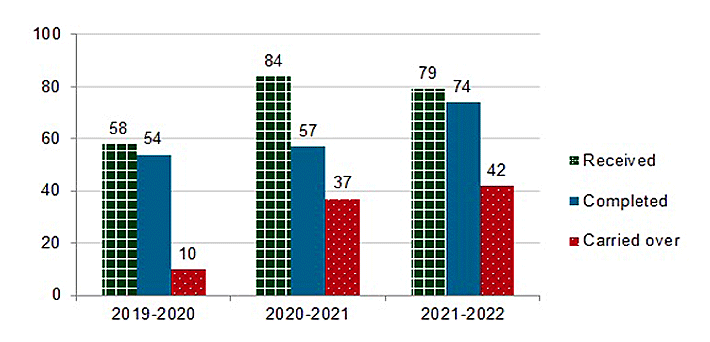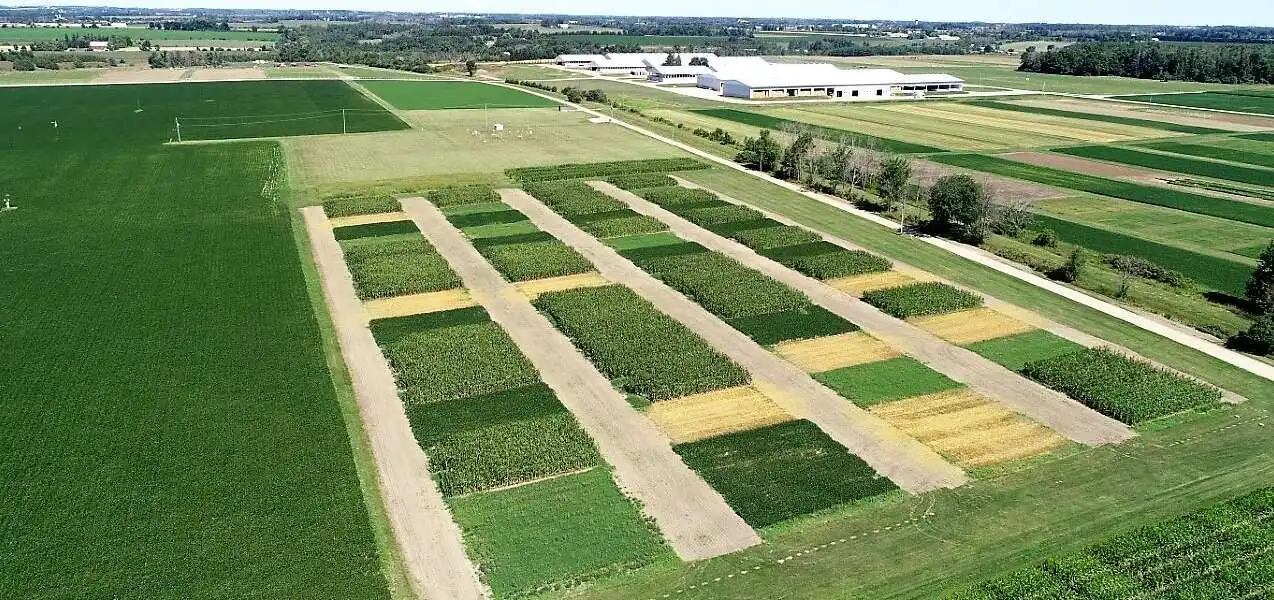
Table of Contents
The Entry to Data Act was introduced in 2019 with the objective of promoting innovation, competitiveness, and growth by allowing companies to share non-personal data with each other and with the government. The Act provides a framework for the sharing of non-personal data among private and public entities, including government bodies, while ensuring the protection of privacy and security. This article will provide an overview of the 2021-22 annual report back to parliament on the Entry to Data Act, highlighting its key achievements, challenges, and future prospects.
Key Achievements
The 2021-22 annual report back to parliament on the Entry to Data Act highlighted several key achievements over the past year. One of the most significant achievements was the successful implementation of the National Data Sharing and Accessibility Policy (NDSAP), which provides a framework for the sharing of non-personal data across government agencies. This policy has enabled the development of a national data ecosystem that promotes data sharing and collaboration, allowing for greater innovation and growth across sectors.
Another major achievement was the establishment of the National Data Sharing and Accessibility Platform (NDSAP), a one-stop-shop for all non-personal data requests. The NDSAP has streamlined the process of sharing and accessing non-personal data, reducing the time and effort required to obtain the necessary data. The platform has also increased transparency and accountability in the sharing of non-personal data, making it easier for stakeholders to monitor and audit data sharing activities.
Challenges
Despite the many achievements, the report also highlighted several challenges that need to be addressed. One of the main challenges is the lack of awareness and understanding of the Entry to Data Act among stakeholders, including businesses and government agencies. This has resulted in a slow uptake of the Act, with many companies still hesitant to share their data due to concerns around data privacy and security.
Another challenge is the need to ensure that the Act remains relevant and adaptable to changing technologies and business models. As new technologies such as artificial intelligence and the Internet of Things continue to emerge, the Act must be able to keep pace and provide an effective framework for data sharing and collaboration.
Future Prospects
Looking ahead, the report highlighted several areas where the Entry to Data Act can continue to make a significant impact. One of the key areas is the development of a national data governance framework that can provide a consistent and transparent approach to data sharing across different sectors. The framework will also need to address issues such as data ownership, liability, and accountability to ensure that all stakeholders are protected and informed.
Another area of focus is the promotion of data literacy and skills development. The report recommends the creation of training programs and workshops to help stakeholders better understand the benefits and risks of data sharing, as well as the technical skills required to effectively share and use data.
Conclusion
Overall, the 2021-22 annual report back to parliament on the Entry to Data Act highlights the significant progress made in the past year, as well as the challenges and opportunities that lie ahead. By addressing these challenges and continuing to promote data sharing and collaboration, the Act has the potential to drive innovation, competitiveness, and growth across sectors, benefiting businesses, government agencies, and citizens alike.





